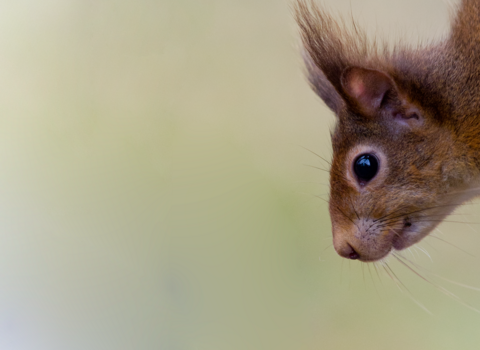©Philip Precey
Pignut
Scientific name: Conopodium majus
Pignut is a small umbellifer, with edible tubers, that is found in woods, hedges and grasslands.
©Philip Precey
As a charity we rely on memberships. They help us look after over 2,300 nature reserves and protect the animals that call them home.

Bertie Gregory/2020VISION